

Intranet
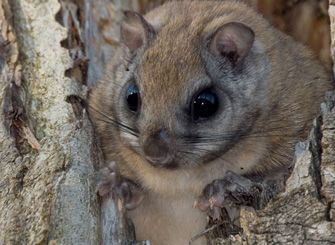
The symposium will span over four days, including a one day field trip. Keynote addresses will introduce morning sessions followed by parallel conference sessions. Scientific poster sessions, held in the late afternoon, will be combined with a cocktail buffet. A banquet will take place on Wednesday night. All events will be held at the Rouyn-Noranda Congress Center.
Oral presentations will be 15 minutes plus 5 minutes for questions.
The organizing and scientific committees are pleased to announce the participation of the following Keynote speakers to the symposium.
Christophe Bouget (Cemagref, France) Sustainable use of woody biomass resources and conservation of deadwood-associated biodiversity |
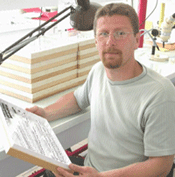 |
Kathy Martin (University of British Columbia, Canada) Nest Web communities and tree decay dynamics: the formation, persistence and wildlife use of tree cavities. |
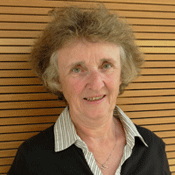 |
Martin Moroni (Forestry Tasmania) Forest CSI: deadwood carbon in forests on opposite ends of the earth. |
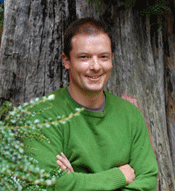 |
Juha Siitonen (Finnish Forest Research Institute) Large-scale effects of forest management on saproxylic species in Fennoscandian boreal forests |
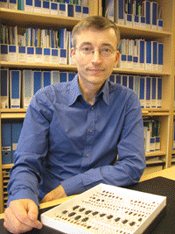 |
Ian Thompson (Canadian Forest Service) Dead wood in the context of global forest conservation efforts |
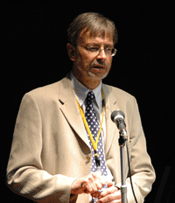 |
Daniel Vallauri (WWF, France) Restoring deadwood and naturalness: European perspectives |
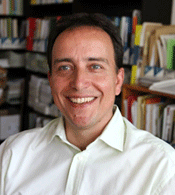 |
Keynote addresses will introduce morning sessions followed by parallel conference sessions.
A one-day field excursion is planned in the Lake Duparquet Research and Teaching Forest (http://ferld.uqat.ca). Located in the Canadian Boreal Shield Ecozone, the 8,045 hectare forest is managed by UQAT and UQÀM. About 75 % of the land base is devoted to developing, applying and demonstrating ecosystem management in the boreal mixed-wood. The other 25% of the area, containing forests which have originated from a dozen fires dating from 1760 to 1944, serves as a benchmark for monitoring and comparison of ecosystem composition, structure and processes between managed and natural forests. The visit will emphasize deadwood in the context of forest dynamics, natural disturbance, old growth, forest ecosystem management, intensive silviculture, biomass harvesting, and functional roles of dead and dying wood with respect to biodiversity and soil processes. Lunch at the Lake Duparquet Forest Research Station will highlight regional cuisine of Abitibi-West.
For visiting ornithologists, it will be possible to go birding during the early morning at some local sites within a short distance of the hotel. Bird trips will be offered early each morning of the conference (May 16, 17, and 19). All trips will leave from the main lobby entrance at 6:00 a.m., and will strive to return by 8:00 a.m. for breakfast, before the first keynote speaker. A detailed list of 209 bird species seen in Abitibi according to check-lists compiled by amateur ornithologists is available following this link: (BirdSpeciesList.xls). This list was provided by the local birding association – Société de Loisir Ornithologique de l’Abitibi (www.sloa.ca). Species are listed by decreasing order of sighting frequency at this time of year. Birding trips are free but you have to register before May 6th by contacting Louis Imbeau (louis.imbeau@uqat.ca), in order to plan all logistical details in advance. You have to specify on which morning(s) you plan to come, and as much as possible return the bird list by adding your lifers or wish list to the last column of the Excel file. Birding sites will be chosen in order to maximise the potential number of new species for participants.